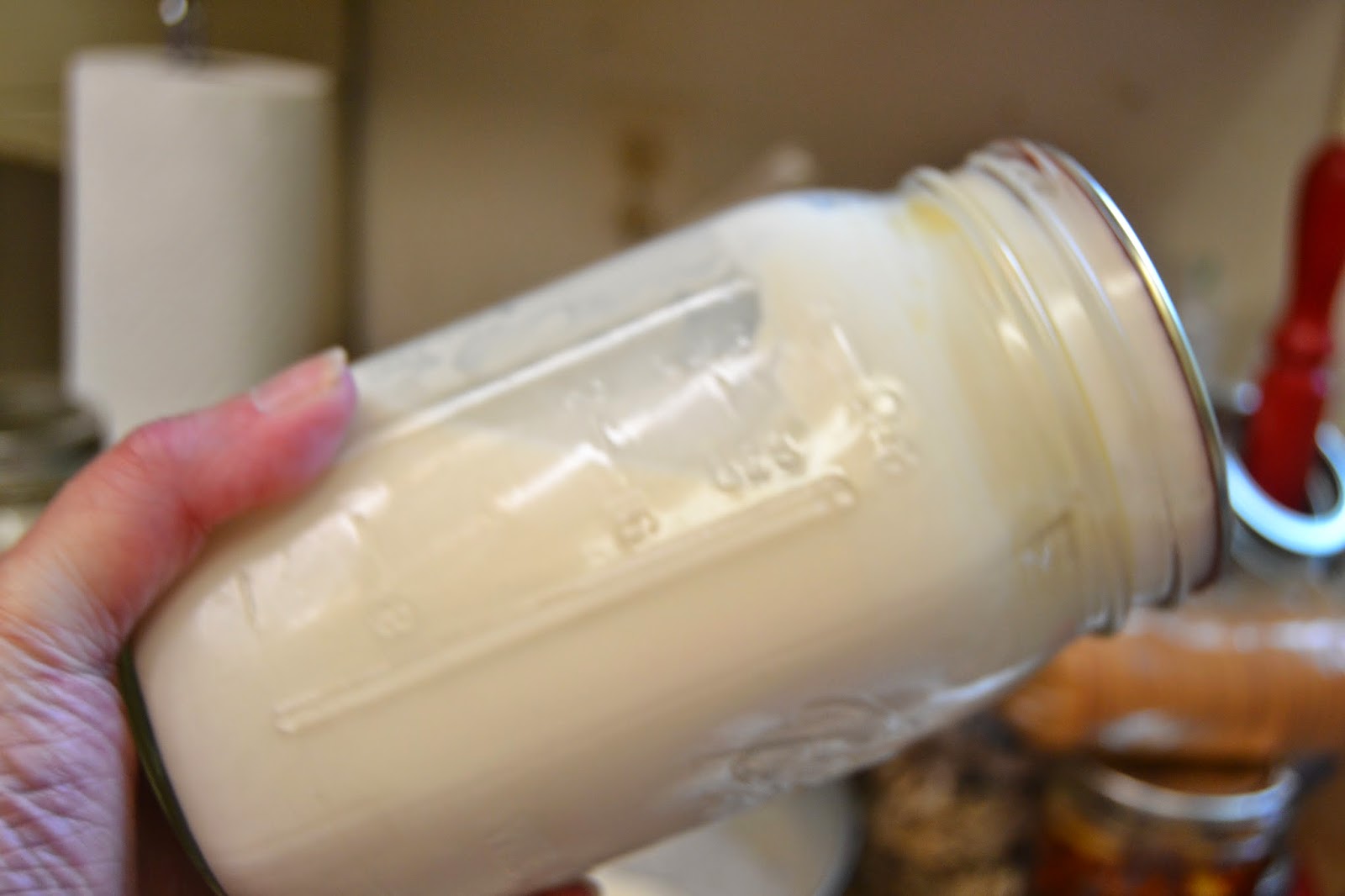Honestly, I don't believe a lot of
people will read this post. So, yes that is sort of a challenge. No
pictures, just me talking to you about money & prepping. This is
a topic that I don't usually go into a lot of detail about. I tend to
be very straight forward and matter of fact. But, what is really
interesting I have had 5 conversations with various people this week
about developing financial stability.
Early this week I posted about “coming
out” of the closet with my mom about our being prepared for various
emergencies. She asked my about the bills, like electricity and the
mortgage. I told her we have a plan. A couple people asked what my
answer to the question really was...
Our primary reason to start preparing
for emergencies was, we don't have a lot of faith in the current
stability of the economy. Personally, I don't believe that social
security will even be available to me (possibly my DH, he is about 10
years older). We have held this belief for several years. In the
beginning, we just had a simple plan.
Initially we got out of a
rather huge amount of debt. Personally, being in debt had bothered me
for a very long time. I really believe that we should “owe no man
anything”. This took some strict tightening of our belts and
lifestyle changes, but we managed to eliminate our debt, except for
the mortgage.
As we began to understand “prepping”,
we started creating our “store” of foods.
Almost from the beginning we planned
what I call “depth” (sustainability) into our process.
A simple example:
We have water stored.
We have rain barrels to replenish our
water supply.
We have high rated water filtration
systems to filter water, if we need to transport it from a local
creek. We also have our bug out location that has a spring fed water
system and more...
Applying that process to the things
that would be “bills” and cost money.
With our preparations, we have thought
most everything out to include the possibility of not having
electricity.
The cars are paid off and my husband is
equipped to handle any necessary maintenance & repairs.
The only things that are not completely
accounted for would be taxes, etc. and the mortgage.
What I want you to understand, we don't
have high paying jobs. We are simple people. We are thankful that we
have jobs. We have multiply ways of earning income and everything is
handled with a loose budget.
We firmly dedicate a portion of our
income for large purchases & “emergencies”. It isn't in
savings.
We keep about 2 months worth of cash on
hand. When I say dedicated, I mean dedicated. One of my husbands jobs
goes to that “fund” & 10% of my money goes to the “fund”.
If the monetary system crashes; we have
items, what I call “hard commodities”, that we would be able to
barter with... We also have skills to barter with and work on
increasing our skills.
We hope to sell our home in three years
(retirement LOL), and purchase another home with only the equity.
Completely debt free. This will be more of a self sustainable
homestead, which will still be close to our bug out location.
This isn't perfect. But, it is what has
worked for us. It took a lot of hard work.
I have shared before, on payday (for
me): I set aside 10% cash for my tithe, 10% for the “fund”. I
recently went through a “Twisted $250 Challenge” where I could
only spend $250 for one month. It really was a tough challenge &
I learned a lot about my spending habits, which honestly were pretty
good. After the challenge I was able to increase my “prepping money
fund” from 10% to over 20%. When you think about it, this is what
my great-grandparents did. They didn't have credit cards, they paid
cash, when they ran out of money, they stopped spending.
If I could give people any advise is
don't go into to debt, live within your means & start budgeting
from the beginning.
If you are in debt. Get rid of credit
cards immediately. Budget & get out of debt. I know it may seem
insurmountable, but you CAN do it. It is simply one of those things
you decide to do or not. I know some are without jobs, some are
getting assistance, some are on social security here. Don't tell me
what you can't do, tell me what you CAN do!
“If you
think you can do a thing or think you can't do a thing, you're
right.” (attributed to Henry Ford)
There you have it. Have you made it to
the end? If so, go back to Facebook and respond with a $ sign. Tell
me what you you think you CAN do. Hee, hee..















.JPG)











